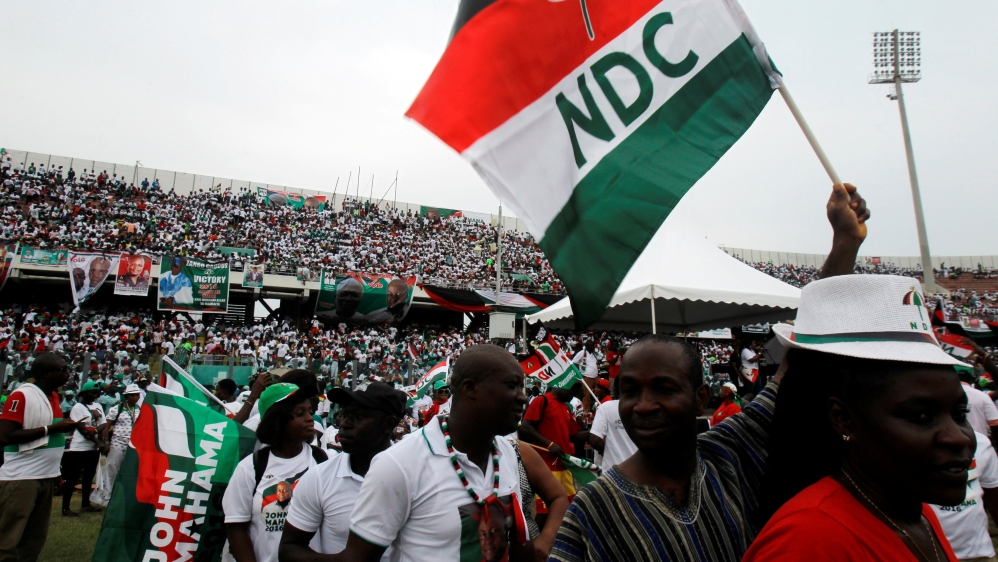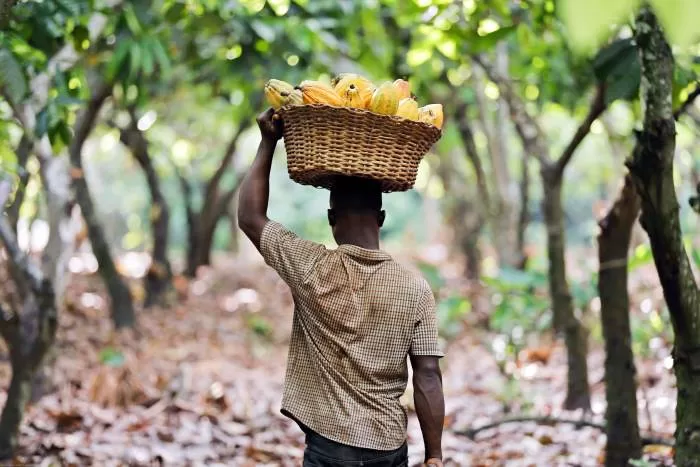Nigeria’s President Bola Ahmed Tinubu has said “not a dime” will be paid to kidnappers to release over 280 schoolchildren abducted last week.
The kidnappers, who contacted the families, are demanding a ransom of 1bn naira ($600,000; £470,000).
They have threatened to kill the captives if the demand is not met.
A local chief has told the BBC about the harrowing conditions the children, aged between seven and 12, are experiencing in captivity.
Jibril Gwadabe Kuriga said the kidnappers had called him to make the demand for the release of the children kidnapped on 7 March, using the phone of the school principal who was seized along with his pupils from the small town of Kuriga in the north-western Kaduna state.
He also spoke to the principal, who told him some of the children were in a “critical condition” and “could not even stand up”.
“They are just lying down. So we don’t know – maybe some of them are dead,” he said of the children, who he said had walked for hundreds of kilometres to the kidnappers’ base with very little food or water.
Mr Gwadabe said the families were very poor and could not afford to pay the ransom. “Many of them cannot – even three square meals is impossible in some of their houses,” he told the BBC’s Newsday programme.
He said the families were feeling “terrible”, and mentioned a woman who had had four children abducted and was unable to eat or sleep.
On Wednesday, Mr Tinubu directed security forces to ensure the children are released without any payment, the country’s Information Minister Mohammed Idris told reporters.
“The government is not paying anybody any dime and the government is optimistic that these children and other people… will be brought back to their families in safety,” he said.
Kaduna state governor Uba Sani said they were “doing everything possible to ensure the safe return of the pupils and students.”
Payment of ransom was made illegal in 2022 in Nigeria.
In the past, some hostages have been released following negotiations with the authorities, but officials always deny ransom payments are made.
Often family and friends source the money, with some fundraising or selling their properties. At times politicians have been involved, especially in high-profile cases.
For years, the gunmen who are locally known as bandits, have targeted villagers, motorists on highways and students in schools, hoping to get ransom payments in exchange for their release.
In the last three years hundreds of students have been abducted.
This latest wave of kidnappings presents a major challenge to Mr Tinubu’s government, which had promised to tackle insecurity after he came to power last year.



















